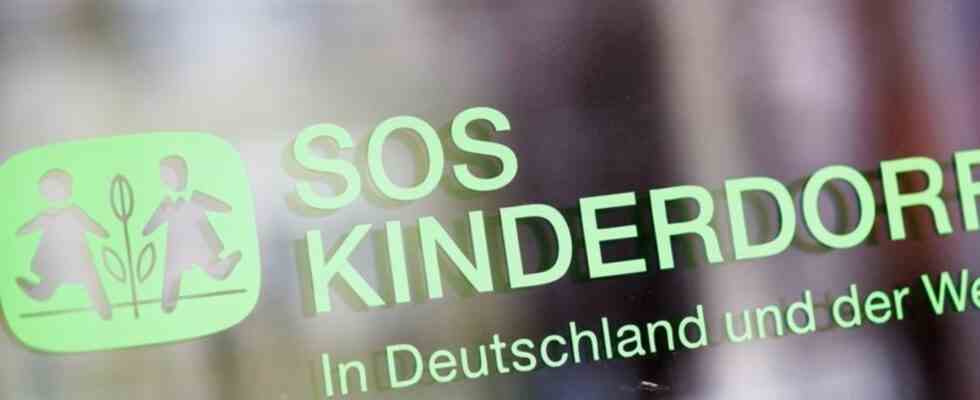children
160 reports of violence and abuse in the SOS Children’s Village
Reported incidents date back to the 1960s. photo
© Matthias Balk/dpa
A study on an SOS Children’s Village in autumn 2021 brought terrifying results to light. Two village mothers are said to have tortured their protégés, it said. Now it turns out that that wasn’t all.
An SOS Children’s Village should be a refuge, a safe place for children who have a harder time in life than others. It is precisely there, however, that minors seeking protection are said to have become victims. In the past few years, the SOS Children’s Village Association has received 160 reports of violence and abuse from all over Germany.
“These 160 reports come from both current and former caregivers,” said the chairman of the association’s independent commission for the recognition and processing of injustice suffered, Klaus Schäfer, of the German Press Agency in Munich. “The incidents reported in it date back to the 1960s.” According to Schäfer, more than 10,000 children in Germany grew up in SOS Children’s Village families during this time.
Around half of the reports accounted for cases in which children and young people had committed violence against one another, said Schäfer. But there are also allegations of violence and sexual abuse against caregivers. “It’s mainly about cases of violent, so-called black pedagogy, which existed in many educational institutions in the 1960s and 70s.”
At the beginning of October 2021, a study made headlines suggesting that two carers in a children’s village in Bavaria “crossed borders”. The investigation by the renowned abuse expert Heiner Keupp shows that the two former employees caused “suffering” to the children entrusted to them.
Showering together and psychological terror
The specific allegations are said to be about showering together or hygiene measures that violate the children’s shame. In addition, a five-year-old girl was said to have been locked up alone in a dark cellar, and a boy had to sleep in slippers because his village mother had taped them to his feet.
The public prosecutor’s office in Augsburg began investigations. Five processes are currently known there, as a spokesman says; two of them have been discontinued, three are still running. “The aim of the – still open – investigations is still to clarify whether there have been criminally relevant events.”
Because the children’s village association itself does not want to remain idle, it set up the commission after the publication of the study, headed by Schäfer and which has set itself the task of processing the cases. “We absolutely have to be transparent and regain trust,” said CEO Sabina Schutter last year.
Now the Commission is going on the offensive: It placed advertisements in several newspapers calling on those affected to come forward. “With this call, we are asking those affected who have not previously reported to get in touch,” it says. “We know that it is not easy to report on experienced injustice, even if the acts may have happened a long time ago.”
An initial assessment by the Commission is expected this summer, and a final report is planned for summer 2024.

